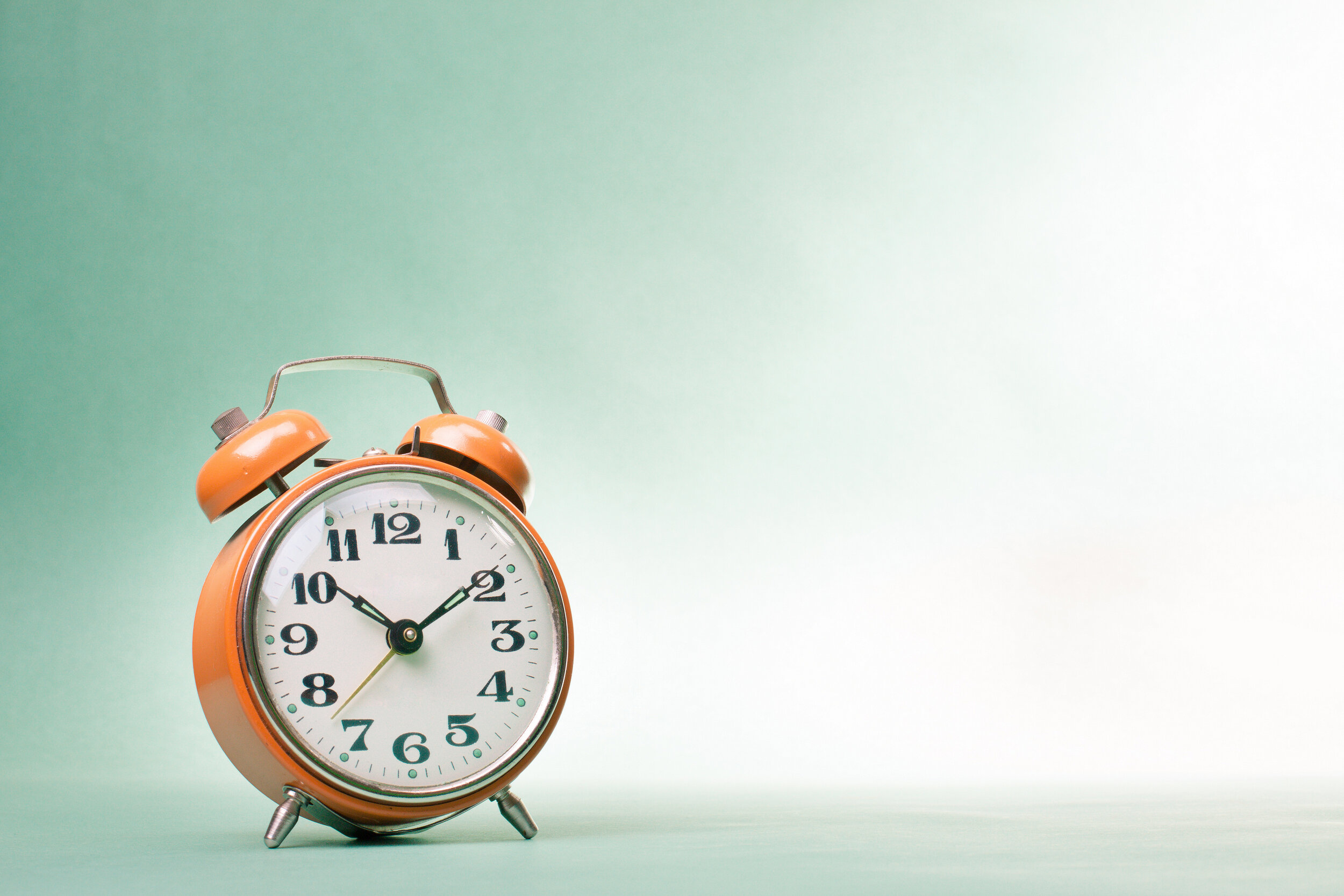If finding your balance is all about repeating good habits over time, then the first step is to work out what one perfectly balanced day looks like, and then repeat it as often as possible.
Let’s have a look at what that nicely balanced day might contain…
Seven to nine hours of sleep. According to the National Sleep Foundation, most adults need between seven and nine hours of sleep each night. That means the perfect day actually starts the evening before, going to bed at the right time in order to meet your requirements. One scientific study even went so far as to calculate the ideal time to get out out bed - apparently it’s 7:22. The researchers found that people who rose at or after this time had lower levels of cortisol, possibly because it enabled them to get adequate amounts of sleep.
The ideal breakfast. Some would argue for porridge; the oats and low Glycemic Index serving to fill you up and energise you throughout the day. If your dietary choices allow for them though, you can’t go wrong with eggs. They’re packed full of important proteins to stave off hunger and increase alertness, there’s vitamins for a healthy body and good fats to keep your brain and heart in peak working condition. A study by Direct Line, yep the ones with the musical phone, found that giving yourself 22 minutes to enjoy your breakfast in a calm environment was optimal.
The work bit. Dan Buettner, author of The Blue Zones, a book about why it is that people in certain parts of the world live longer, happier lives, has reviewed research on more than 20 million people worldwide through the Gallup-Sharecare Well-Being Index, and says “When it comes to your work, try to work part-time, 30–35 hours a week.” Working less is consistently linked to increased health and happiness, but maybe surprisingly, doesn’t seem to affect productivity - people get the same amount done in less time. A working day starting at 9/9:30 and finishing around 4/4:30 would meet these requirements comfortably.
Free time. Returning to the Direct Line survey, they claimed we should all have 6 hours 59 minutes of awake, non-work or ‘free’ time. This includes 18 minutes on social media (some of us may need to work on this one), 2 hrs 21 minutes eating, including 53 mins for lunch, 1 hour for TV watching and another hour for ‘me’ time.
Exercise. In terms of cardiovascular activity, the current guidelines are actually based on weekly totals - either 150 minutes of moderately hard exercise or 75 minutes of very hard training; working harder gives the benefits in half the time. As a daily average, that equates to around 21 minutes, 30 seconds of moderate activity, or 10 minutes 45 seconds of hard effort. A very short amount of time for a very large level of reward.
Socialising and family time. Back to Direct Line world again, where everyone is comprehensively insured. Their report suggested we get 45 minutes-1 hour of socialising each day and research is clear; people who spend more time with friends live longer, happier lives. Another hour is given for quality family time, whether you want it or not. ;-)
Bedtime. And so we’re back where we started, where all days start and end. Matthew Walker, author of Why We Sleep, says that whilst there’s no specific time to get to sleep, there does appear to be an idea window somewhere between 8pm and 12 midnight. As I talked about right at the start, it’s worth working backwards to ensure you get your 7-9 hours. If you’re getting up at 7:22 this means anywhere from 10:22-12:22 should be fine. If you’re a night owl you may shift this later if you can rise at your own leisure, whilst if you’re a morning lark you’ll likely want to shift this forwards.
And there we have it, seven habits for a balanced day. Repeat them often enough and health, fitness and happiness are just around the corner. :-)

